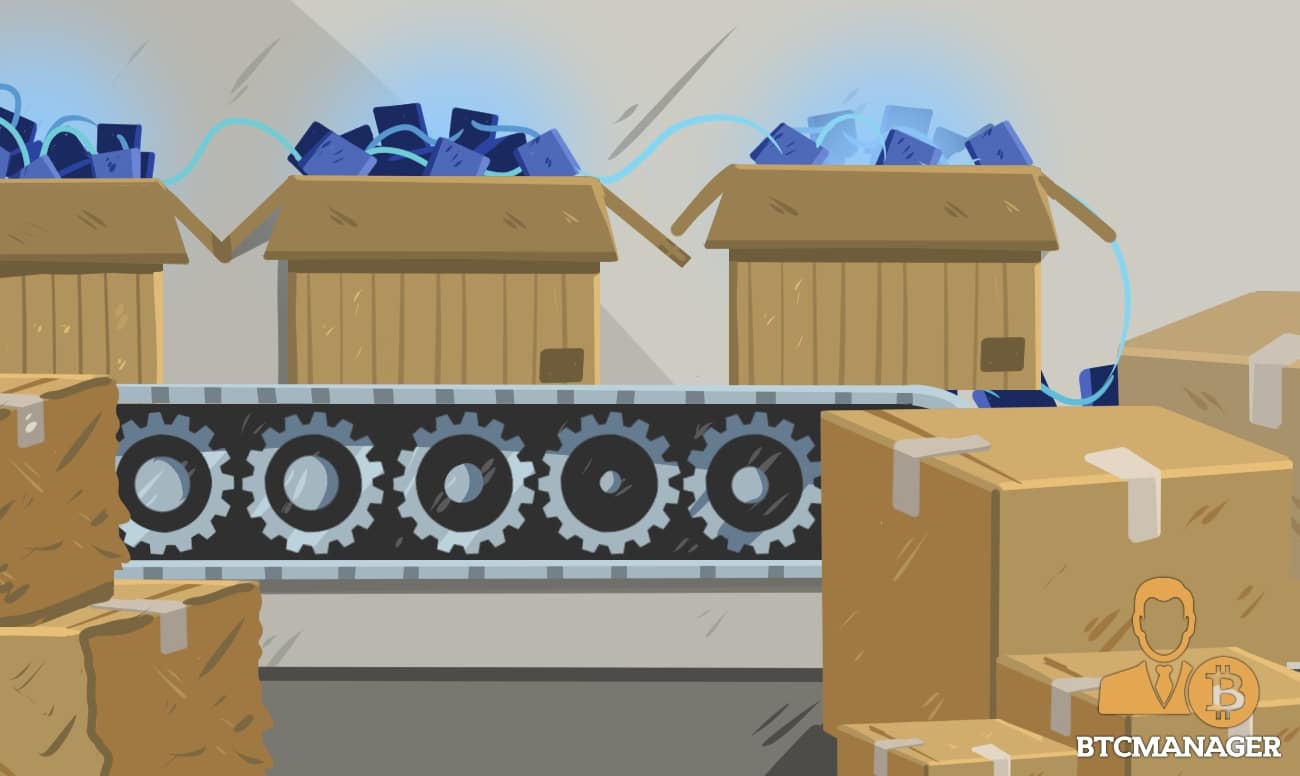
BTCMANAGER News
KPMG’s New Blockchain Network Grants Producers a New Degree of Legitimacy
by Ashwath BalakrishnanConsulting and auditing giant KPMG has announced the launch of KPMG Origins: a multi-purpose supply chain network for a wide variety of industries, ranging from food production to financial services for the Asia-Pacific region. Producers today are being held accountable for the sustainability practices they inculcate during the production lifecycle, yet they have no means for proving it. As per Ledger Insight, KPMG Origins seeks to bridge that gap between capability and necessity, November 28, 2019.
Supply Chain Use Cases Booming
The recent explosion of corporations setting up their own blockchains has come as no surprise, owing to the “blockchain, not Bitcoin” narrative that most people were propagating in the midst of crypto winter. KPMG, in particular, has been a strong advocate of using a blockchain as an information relay network, as have most consulting firms such as Gartner, Delloite, and Ernst & Young (EY).
KPMG Origins will disseminate information regarding a product across the supply chain, with the information being accessible right from the origination of the raw material till the consuming end user. The solution is being trialed by sugarcane farmers in Australia and two other food product manufacturers; a vineyard and rice exporter.
Head of Advisory, and Partner, at KPMG Australia, Ken Reid, believes that “from agriculture to financial services, the complexity of supply chain ecosystems creates operational risks, reconciliation challenges as well as safety concerns”. Supplementing this viewpoint, Matt Kealley, senior manager at CANEGROWERS, emphasized that producers are being asked to show proof of sustainable practices in their processes. Having verifiable information sent to the end-users solidifies the sustainability narrative, and Kealley hopes this translates into increased demand and revenue.
Why Tracking the Origin of Products Matters
There are a variety of reasons that justify why exactly the origin of specific products matters. Cobalt, an important material for manufacturing batteries, is a UN-designated conflict material as it is sourced from the Democratic Republic of Congo (DRC) through child labor. Automotive manufacturers have been trying to secure cobalt from non-conflict zones.
For food and other products, whether the producers are partaking in sustainable energy and resource consumption practices is of utmost importance given the gravity of the climate emergency humankind faces today. All of these aspects put together adequately justify the need for detailed supply chain logs – and this is just the tip of the iceberg.